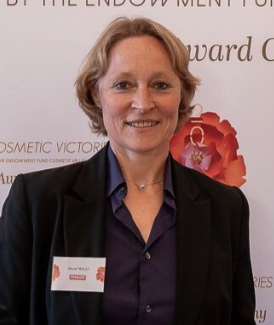
The Academic Prize 2025
Muriel Priault
IBGC - CNRS, Bordeaux (FRANCE)
Natural protein instability as ageing biomarker
The CNRS team is exploring an innovative approach towards measuring the impact of the exposome on skin ageing. Specialists in spontaneous degradation of proteins due to chemical reactions that alter their structure and function, the researchers wish to demonstrate that this phenomenon could serve as a precise indicator in assessing the environmental effects on skin. Identifying specific proteins like new ageing biomarkers could open the way to improved prevention and appropriate cosmetic solutions.
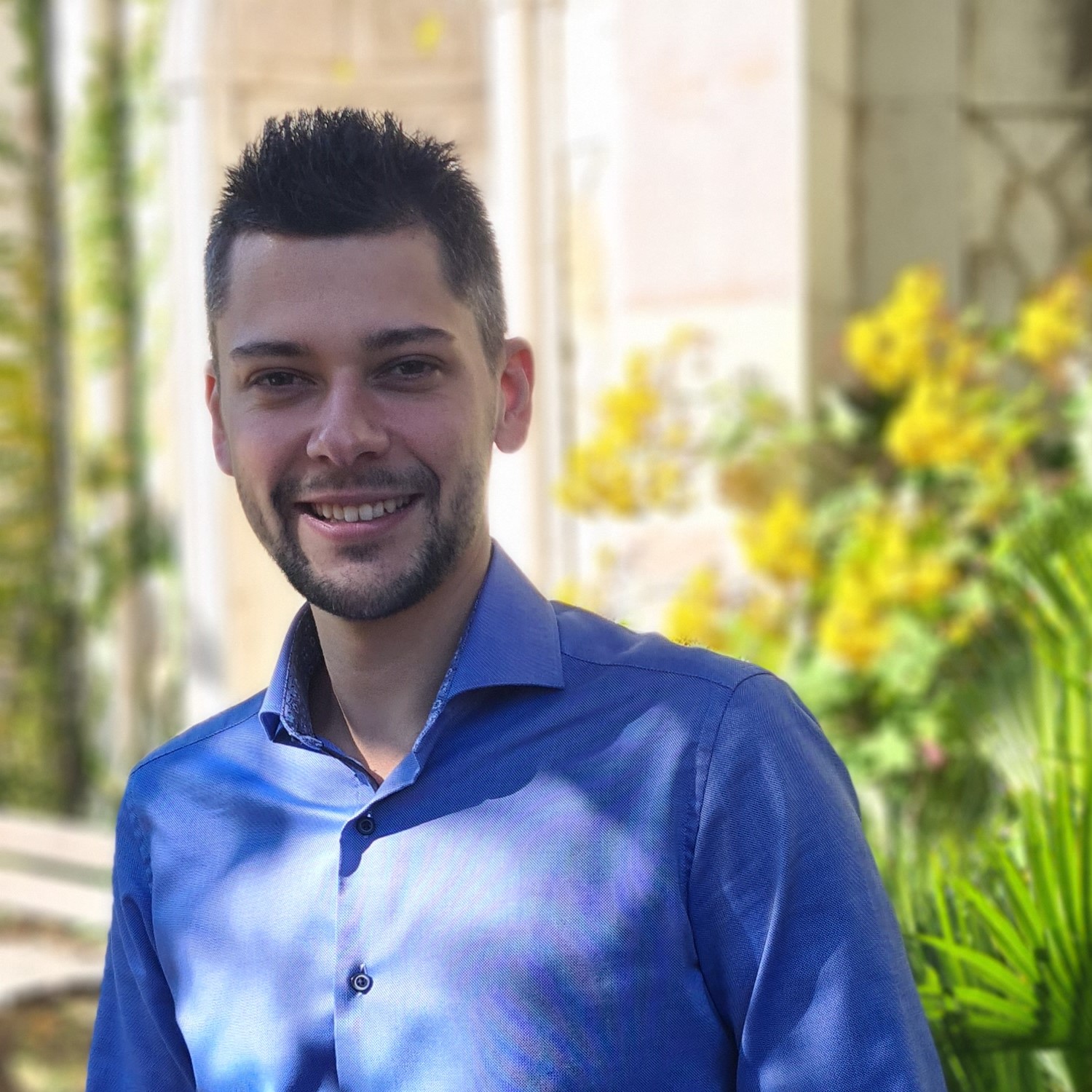
The Academic Prize 2024
Matej HLADIS
Université de Côte d'Azur (FRANCE)
Deciphering the Code of Scent: a Bio-Inspired AI for Accurate Odor Perception Prediction:
This innovative project uses knowledge of odor coding, the biological mechanism by which our brains interpret smells, to develop a bio-inspired AI capable of accurately predicting odor perception. Grounded in fundamental biology, our pipeline can incorporate genetic information, enabling the creation of personalized scents. By opening the way for the modeling of complex mixtures, we aspire to create a tool that empowers its users to craft innovative fragrances, while also providing alternatives to raw materials to reduce their ecological impact.
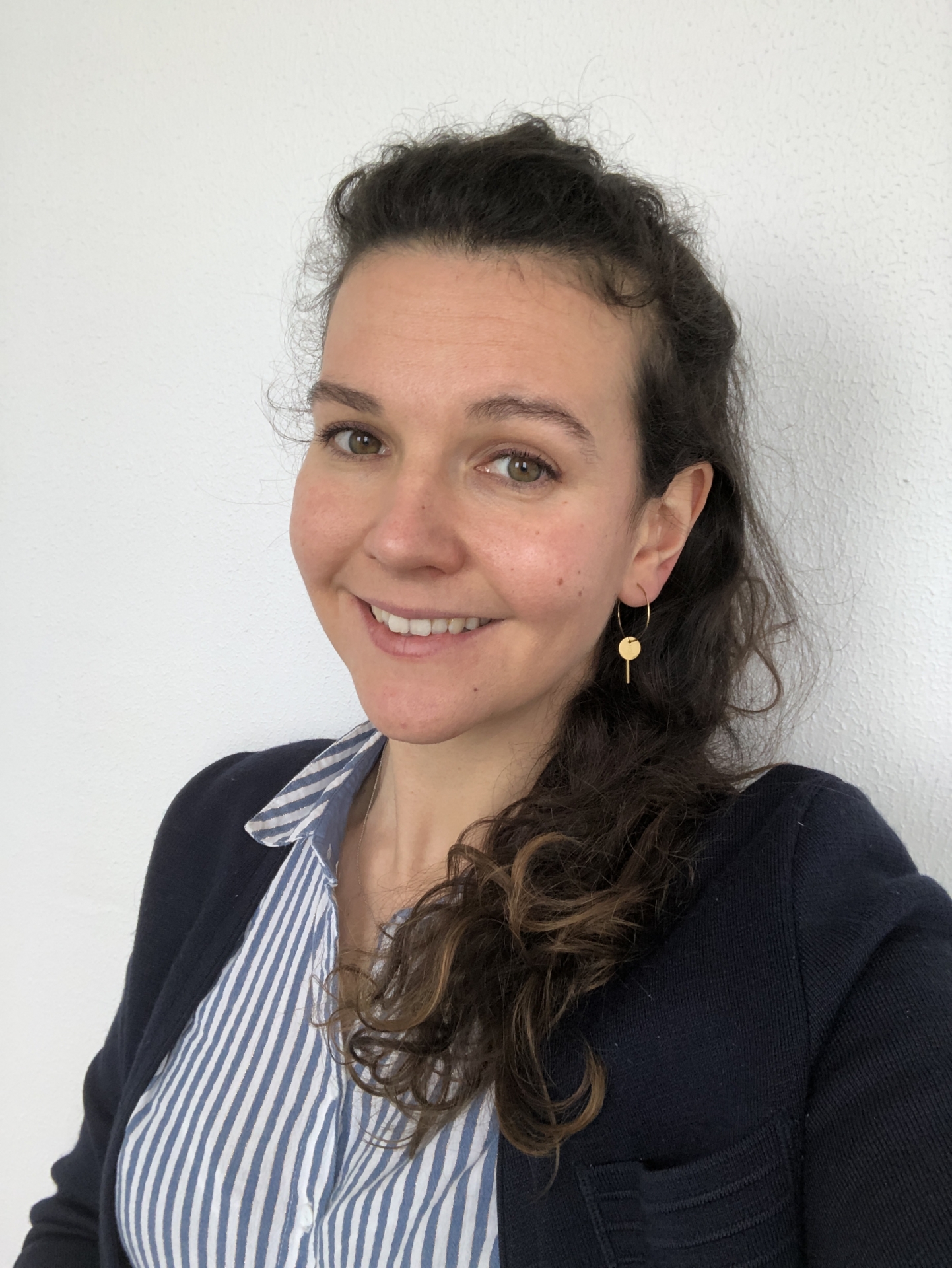
The Academic Prize 2023
Ophélie PIERRE
Université de Bretagne Occidentale (FRANCE)
Model Of reiNnervaTed Human Skin :
The project involves the final validation of a model of skin reconstructed by sensory neurones. These are obtained from human samples, thereby doing away with using animals. An irritated or sensitive skin can be simulated using this unique model. This research work will be used to develop new, more appropriate ingredients and new care products, especially for atopic skins.
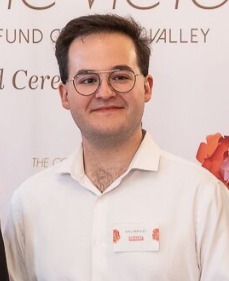
The Industry Prize 2025
Arthur Dervillez
Loretta (FRANCE)
Creation of a nanometric Digital Skin Twin by AFM and AI
Their project aims to create a Digital Skin Twin based on the skin's nanotexture, by combining high-speed AFM and AI for ultra-precise analysis. Sponsored by a partnership between a company, a university and international dermatologists, a diverse panel of samples can be exploited. The goal is to link the skin's nanometric characteristics to its chemical composition to revolutionise worldwide dermatological and cosmetic studies.

The Industry Prize 2024
Prateek MAHALWAR
BIOWEG (GERMANY)
Revolutionizing The Future Of Bio-Ingredients With The Power Of Microbes & Green Chemistry
MicBeads100 is a bacterial cellulose-derived functional micropowder replacing solid microplastics like PMMA in cosmetics & personal care products – the bio-alternative medium to large companies in the FMCG sector are seeking for. Consciously produced by upcycling agri and food waste and applying green chemistry, our innovative and sustainable ingredient brings value by fully biodegrading within 60 days, surpassing synthetic polymers in performance and complying with new EU regulations on microplastics.

The Industry Prize 2023
Maximilian WEBERS
Colipi (GERMANY)
Carbon-Light Alternative to Palm Oil :
The start-up has opted to work with the fastest-growing micro-organism on Earth and for which CO2 is the only carbon source. This innovation converts the carbon dioxide in the air into biomass, thereby producing a vegetable oil with very similar properties to palm oil, whose cosmetic properties are highly acclaimed. It not only provides a technical substitution for palm oil but also a decarbonisation solution for industry.
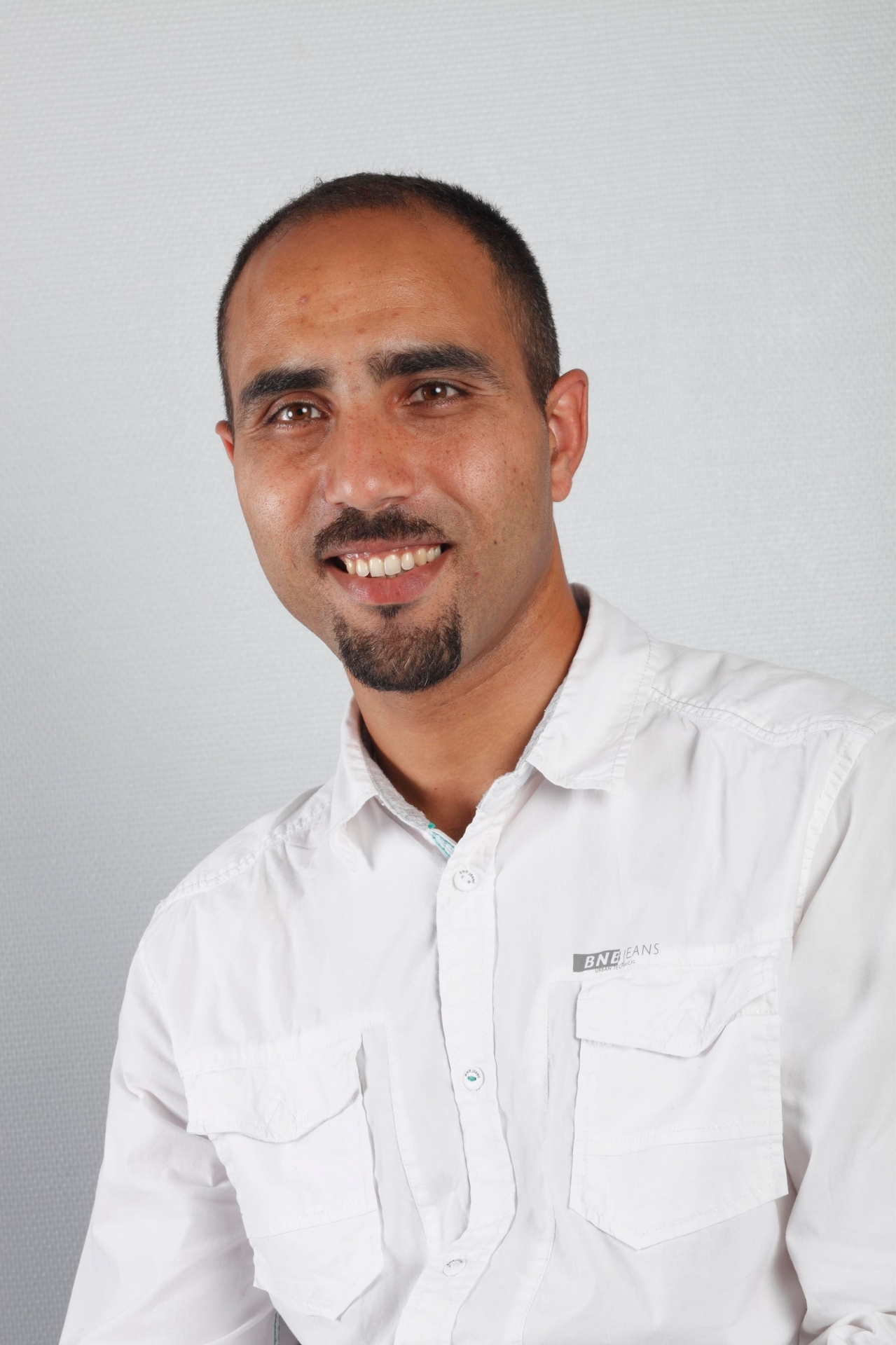
The Academic Prize 2022
Sami HALILA
CNRS Researcher in Glychochemistry - Centre de Recherches sur les Macromolécules Végétales – CNRS, Grenoble (France)
Carbogel A Simple and Eco-Friendly Carbohydrate-Based Gelling Agent for Oily Phase :
The project relates on the supramolecular gelation of organic liquids, such as organic solvents or oils, with monosaccharide derivatives that self-assemble into hierarchical 3D network of nanostructures. The sweet gelators are made from an eco-friendly and efficient method (reaction in water). Gelation could be performed by sonication, or by heating/cooling, or by dilution. The gel is considered as a stimuli-responsive and controlled delivery matrix for cosmetic agents. Finally, our project contributes to "green" and sustainable cosmetics by limiting our environmental and social impact.
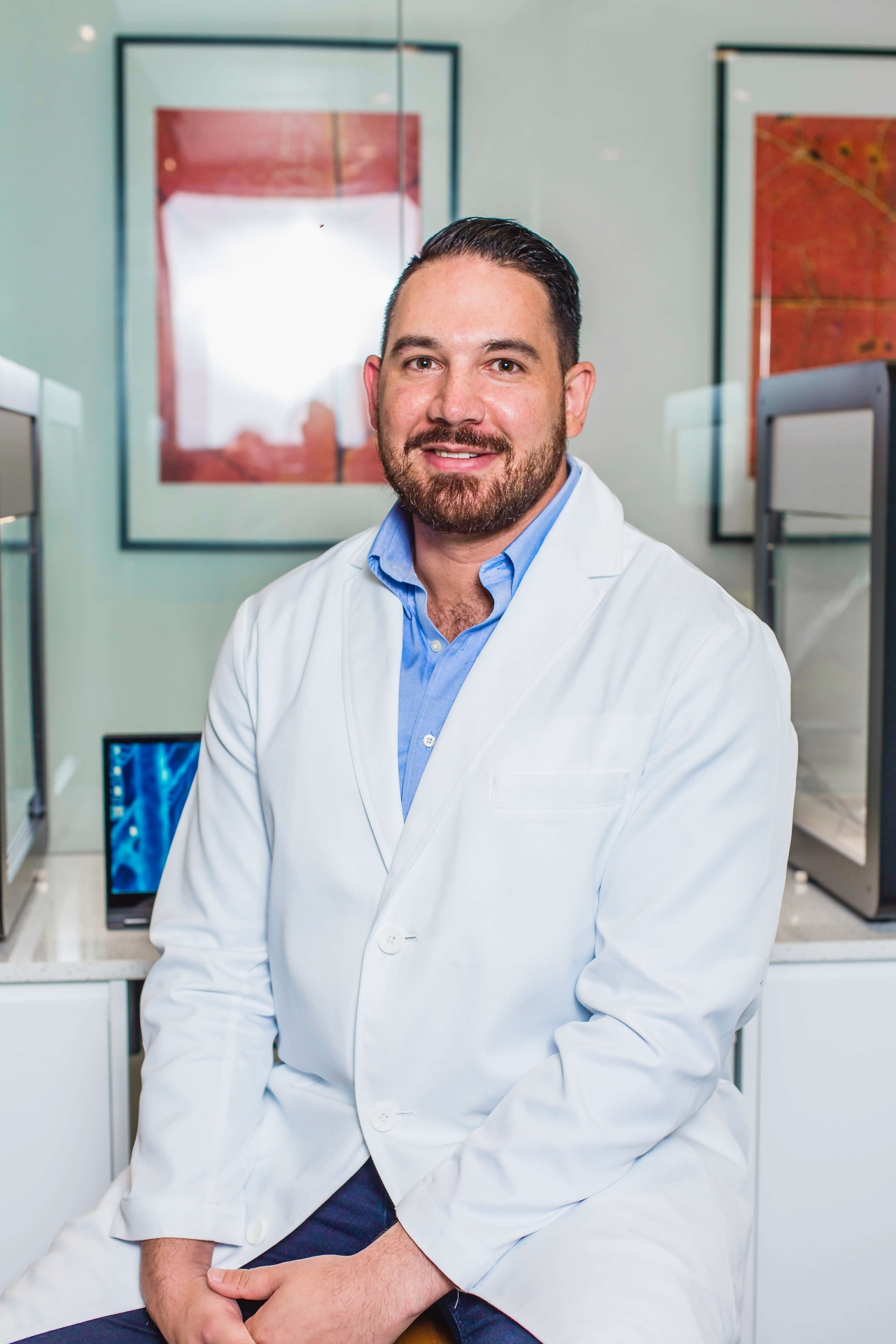
The Industry Prize 2022
Stefan MAZY
CEO Founder - Derma Health Solutions Pty Ltd (Australia)
SkinRNA Micro-cell Test :
A world-first, repeatable, epigenetic diagnostic skin patch and laboratory test that quantifies skincare effectiveness via real-time gene expression activity. Our device collects more than 15,000 genes, while our algorithms provide gene expression activity scores for skin functions including collagen and elastin production, and skin inflammation. After product intervention, a second test is performed measuring new gene activity against initial benchmarks. Consumers can then repeat testing at intervals to track and monitor skin improvement at a genetic level without waiting for visible signs.
